
News writer
Who gets into magnet schools — and how — is a question that has peaked the interest of many people. But now, the Connecticut Department of Education (DOE) is asking lawmakers to keep its lottery criteria under wraps, despite a Freedom of Information Commission ruling ordering its release.
This debate is a battle between transparency and concerns about fairness. At the center of it all lies a complex algorithm that some argue could shape the future of school choice in Connecticut.
The initial FOI request
This debate all started back in April 2021 when Alicia Solow-Niederman, a law professor at George Washington University, submitted a FOI request for information on any algorithms the DOE used to determine which students would be admitted to Hartford-area magnet schools. At that time, Solow-Niederman was working with Yale’s Media Freedom and Information Access Clinic.
In a court ruling for Sheff v. O’Neill, the state was mandated to remedy the “existence of extreme racial and ethnic isolation in the [Hartford] public school system.” The state DOE started using a series of weights in its lottery system to ensure that students enrolled in magnet schools were racially and socioeconomically diverse.
However, the department failed to provide Solow-Niederman with the information she requested, so she filed a complaint with the state’s Freedom of Information Commission. That commission then ruled that the DOE had to provide her with the relevant information.
Algorithm is a ‘trade secret’
In July, the DOE filed an appeal against the Freedom of Information Commission. They argued that the algorithm they use constituted a “trade secret” because “it enables the State to use this information to capitalize on its multibillion-dollar investment in the Sheff infrastructure,” the CT Examiner reported.
However, David Schulz, the head of the Media Freedom and Information Access Clinic at Yale, said claiming their algorithm is a trade secret is a slippery slope for FOI law.
”The position they’ve taken is alarming, in the sense that they’re saying that something the state agency does and develops entirely internally to do its business can then be declared a trade secret and exempted from [Freedom of Information law],” Schulz said. “If that were true, it would have alarming implications for transparency of state governments.”
In addition, the DOE said that if parents knew the criteria for the lottery, then they could falsify their applications to give their children an advantage. The opportunity for free preschool or after-school programs would be a strong motive for these parents to make sure their applications made it through the algorithm.
In their appeal, the DOE wrote, “Applications for these placements are highly competitive, with over 4,000 applicants seeking one of the roughly 2,200 Pre-K slots,” the department wrote.“Consequently, there exists a significant motivation to manipulate the school-choice application for these seats, and releasing the confidential inputs and weights that form the core of the Sheff school-placement system would provide those who sought to manipulate the system a competitive advantage in accessing this no-cost or low-cost programming.”
The commission dismissed this line of reasoning
Despite the appeals by the DOE, the commission ruled that the algorithm is not a “trade secret.” They said the public knowing the formula used for the algorithm doesn’t put the state at a competitive disadvantage. In addition, they said the possibility of parents using the formula to their advantage didn’t exempt it from FOI law.
No AI here
The DOE also tried to argue that their algorithm doesn’t use artificial intelligence or automatic decision-making systems. Because of that, it didn’t fall under Solow-Niederman’s request for “automated decision-making systems.”
The department stated their algorithm assigns weights to a bunch of different factors, including where a student lives, their school preference, their socioeconomic level, and if they have a sibling enrolled in a school. This is all placed into a software system called Blenderbox. The software then pulls information from the applications and applies whatever criteria the department assigns to determine which students are picked for the magnet schools.
However, the commission rejected this argument also. They said the intent of Solow-Niederman’s request was clear.
Despite all of these rejections, the state DOE maintains that releasing the algorithm would be harmful. They told the CT Examiner that this algorithm is a critical component to the settlement in the Sheff v. O’Neill lawsuit. By giving these details to the public, it would damage its effectiveness and risk reopening the lawsuit.
For now, we wait and see how the DOE moves forward with providing this information to Solow-Niederman.
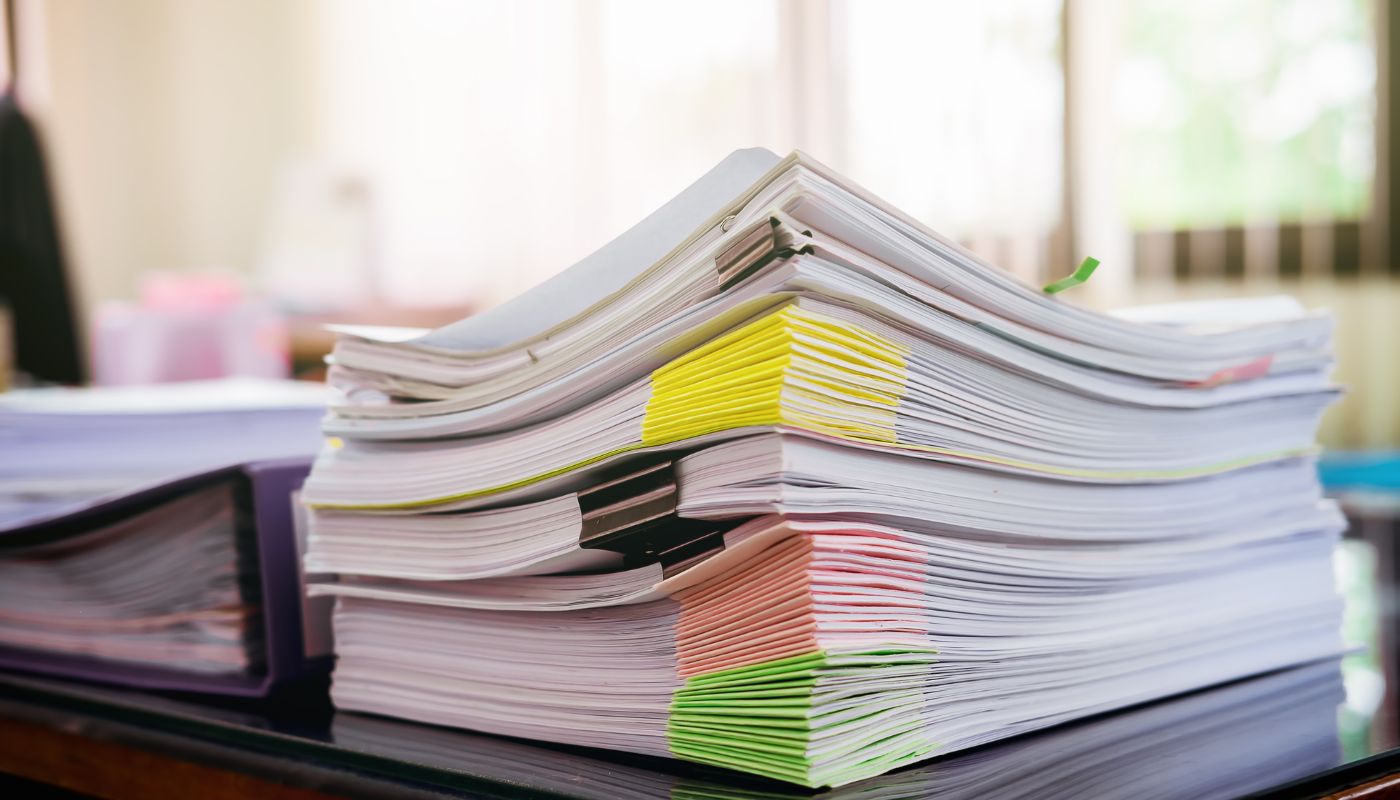
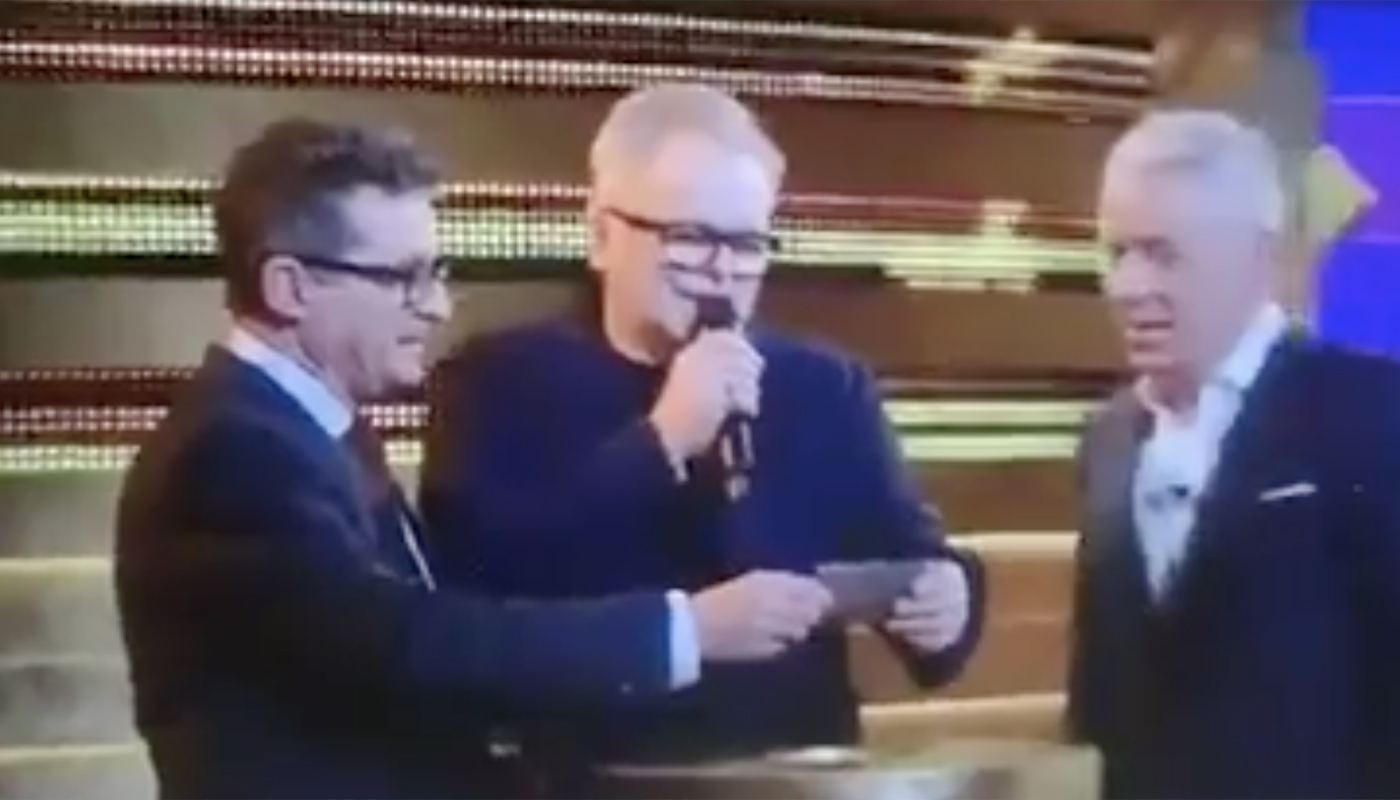

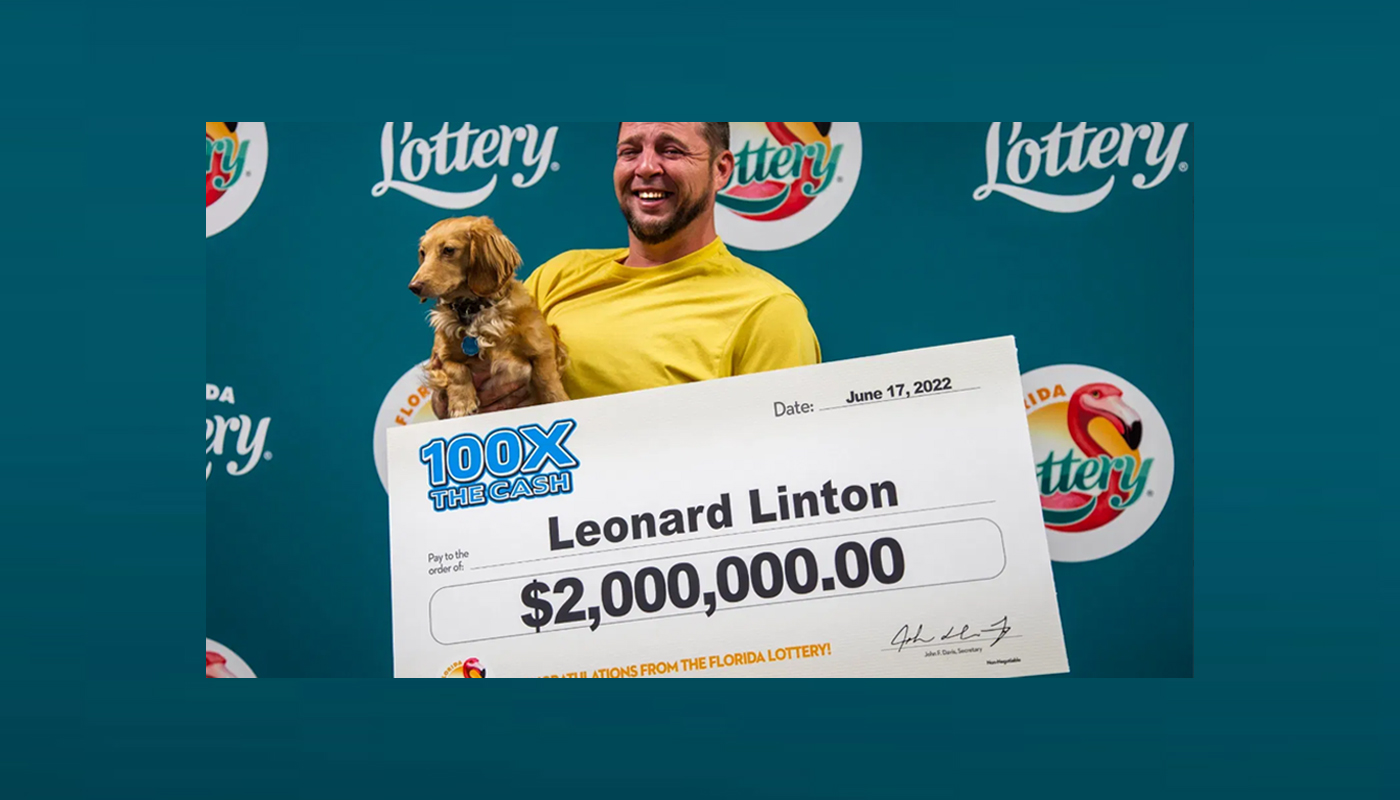
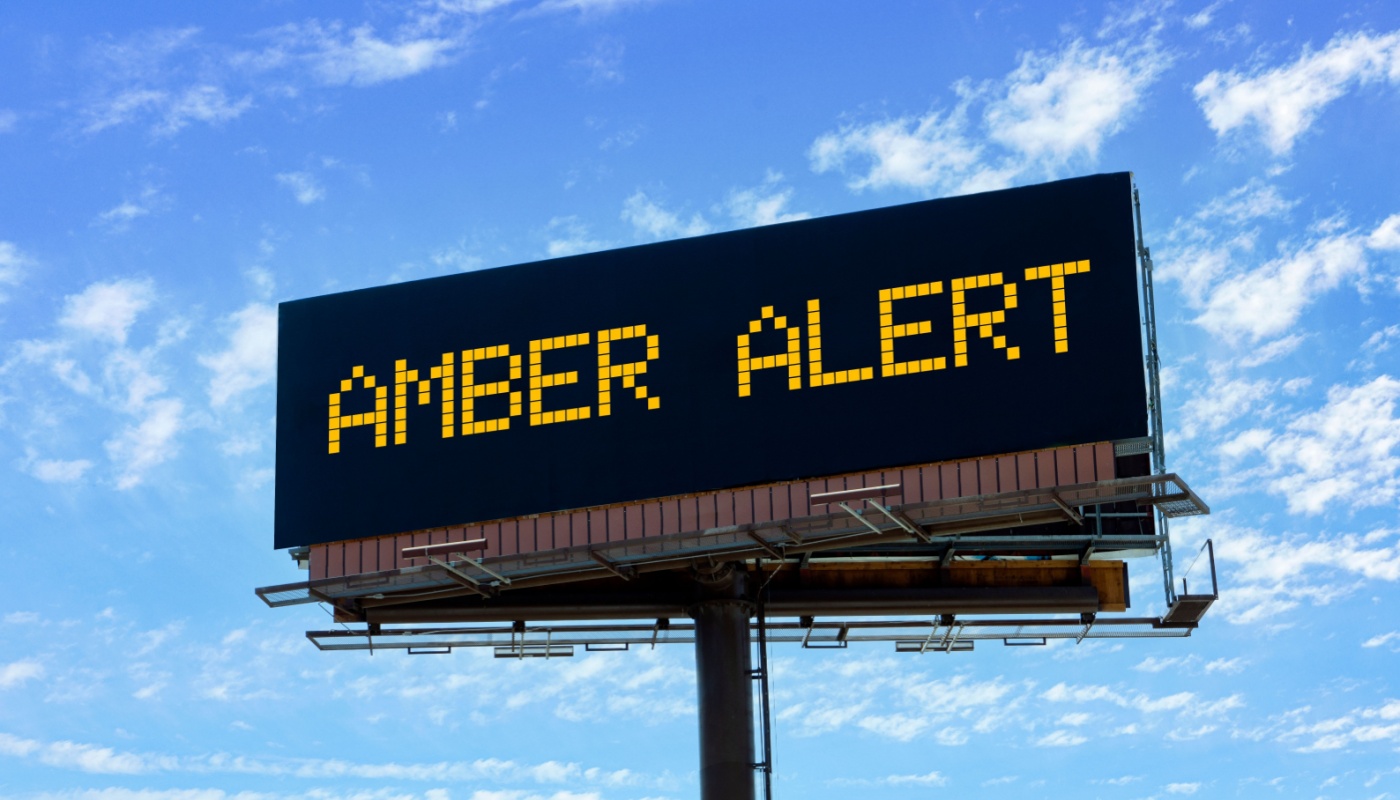

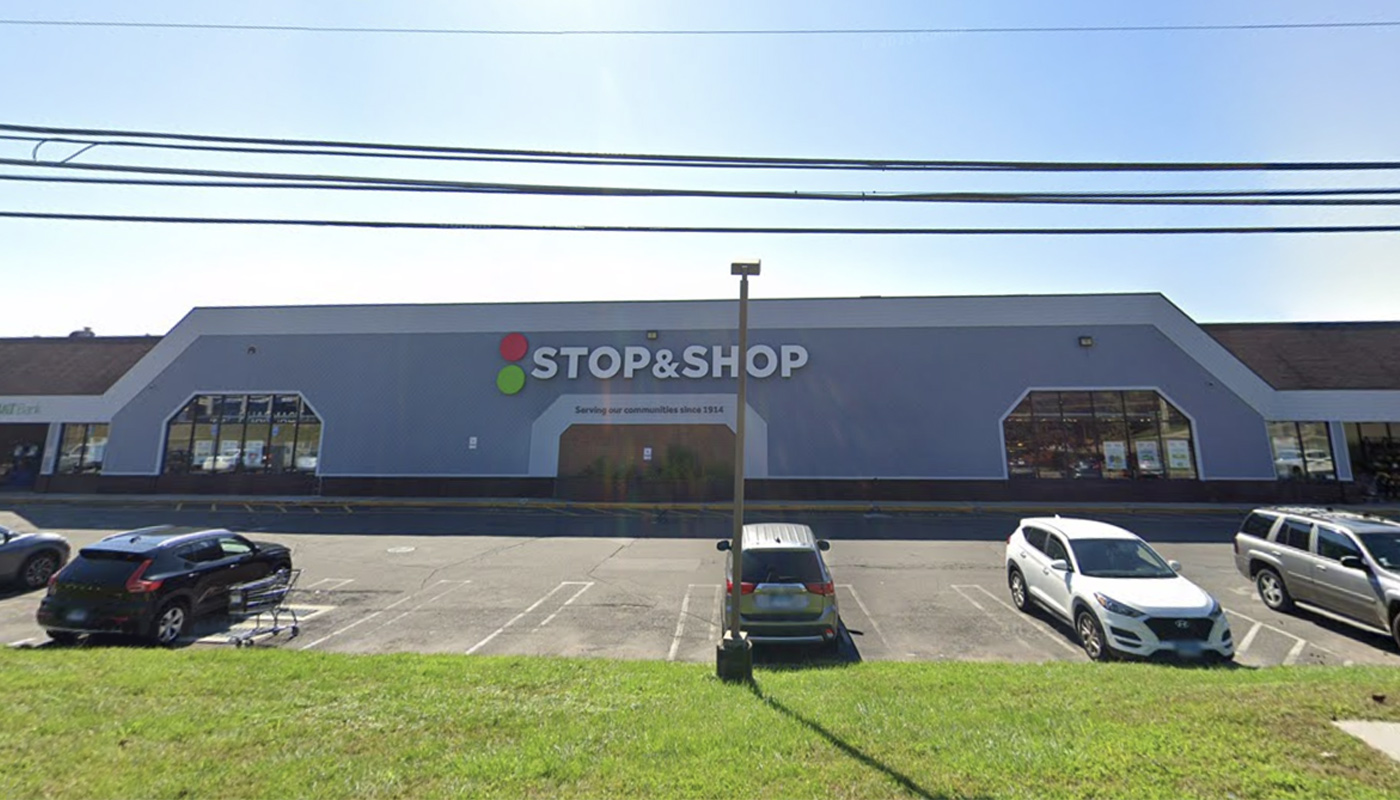
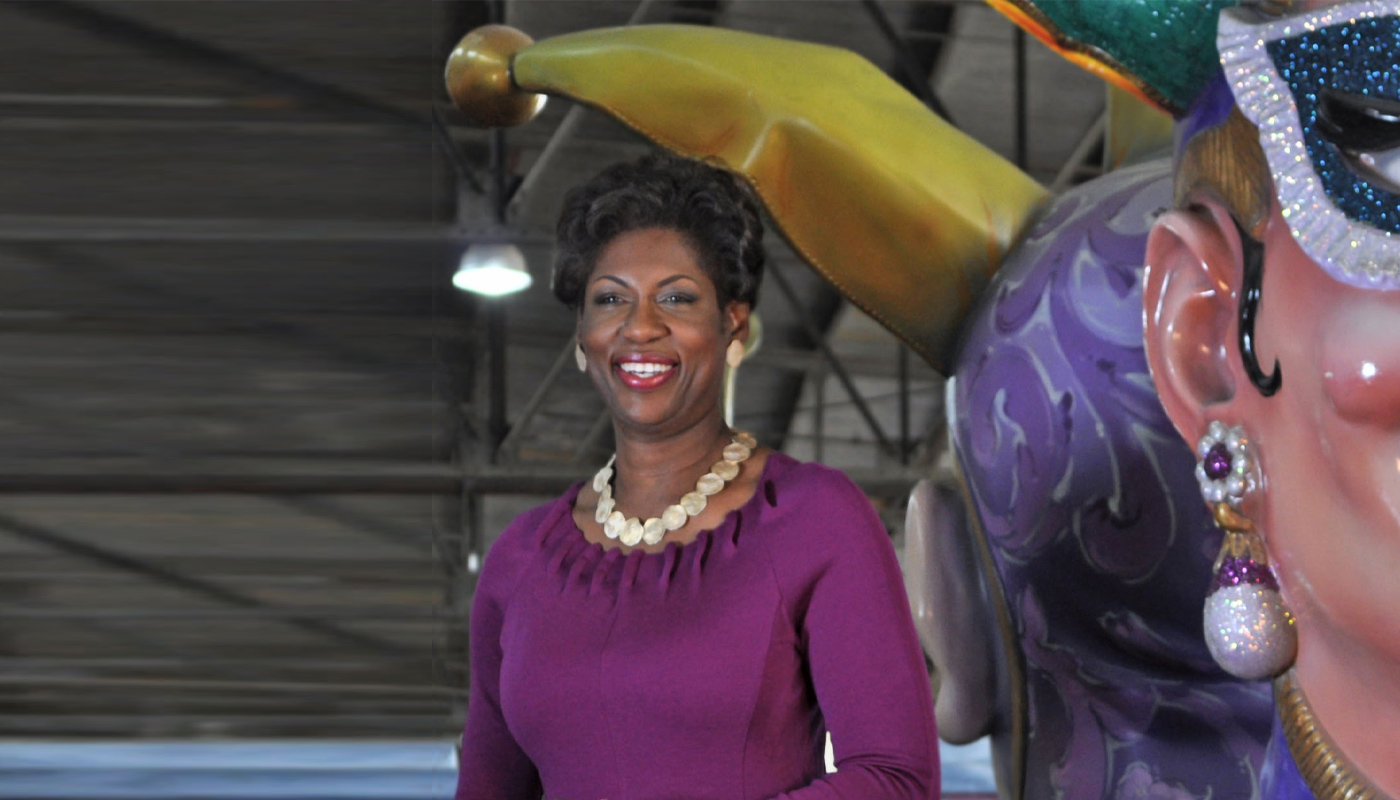

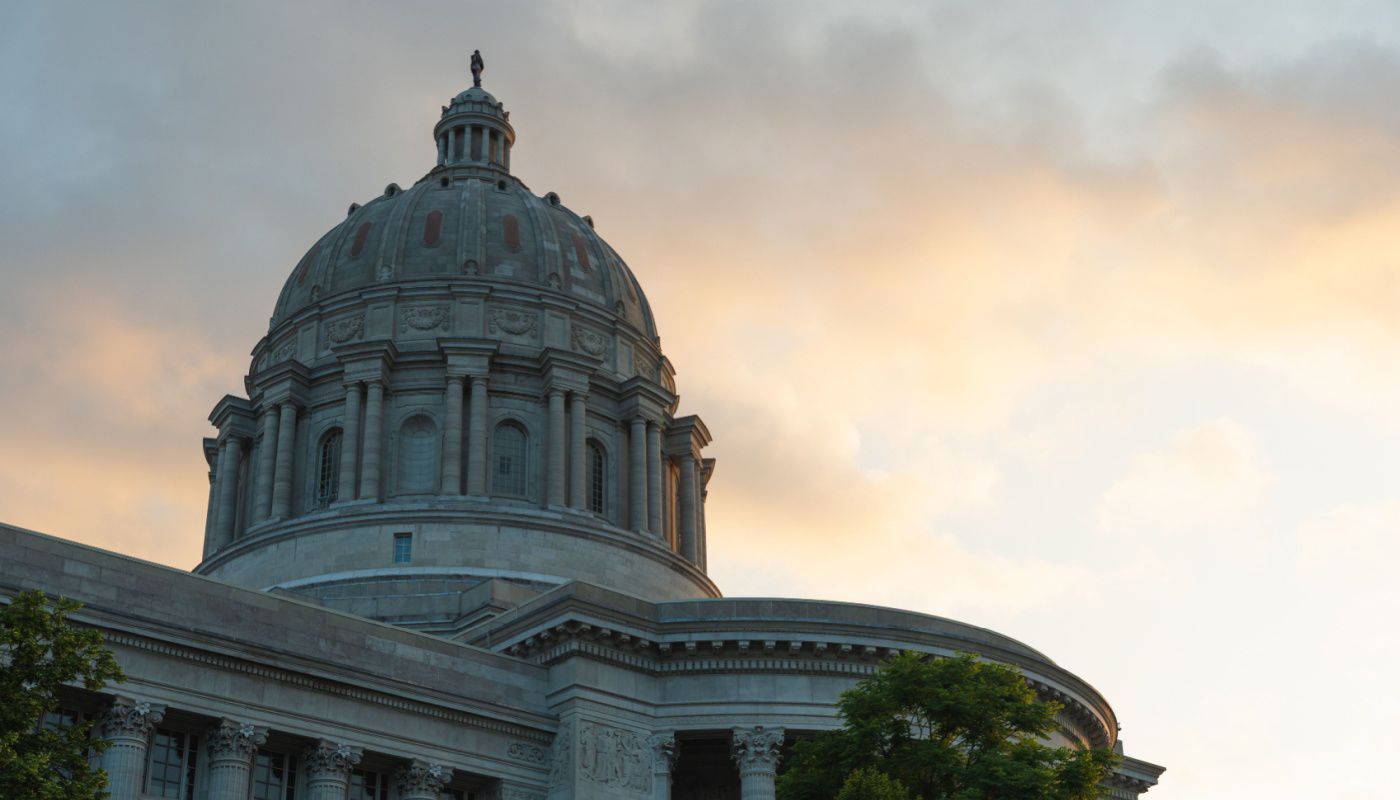
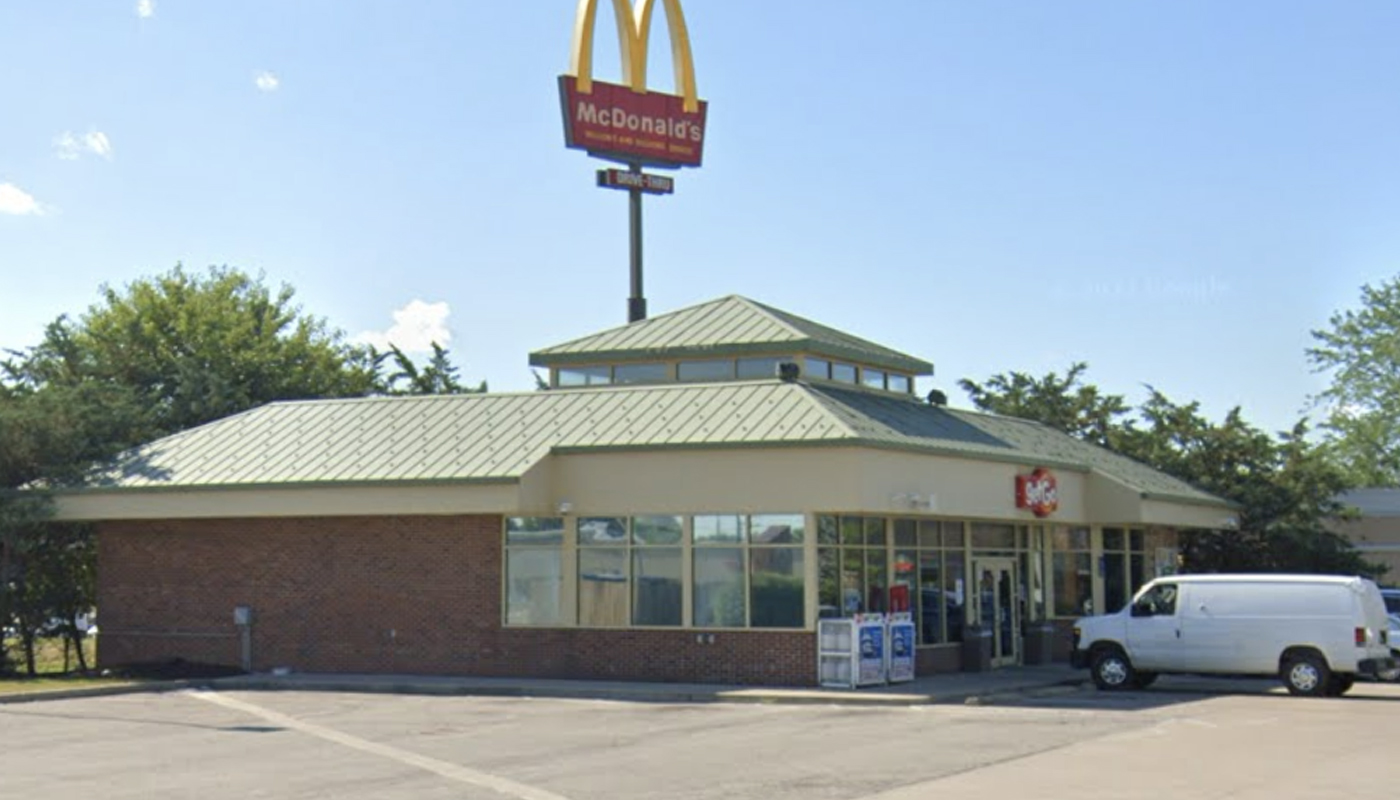
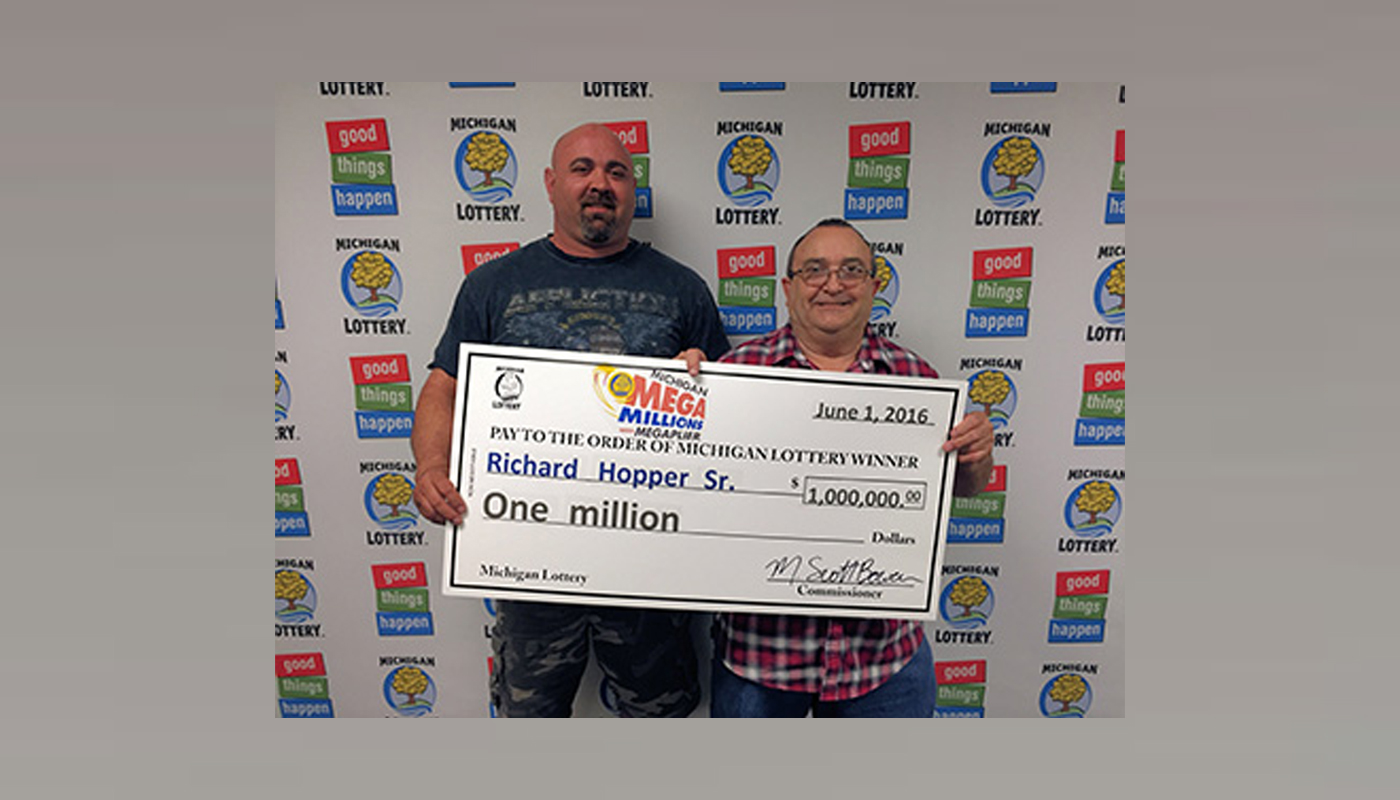









Comments